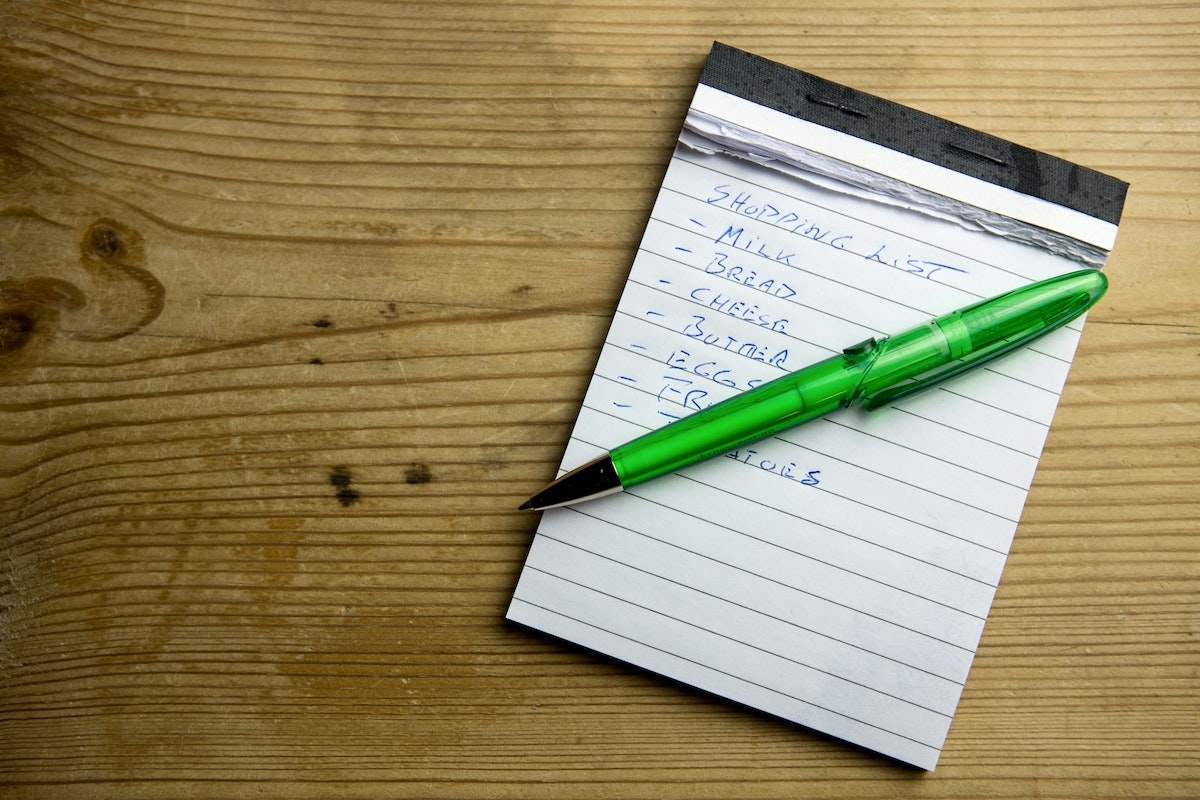
How to write a dissertation in three months
A graduate student who understands how to write a dissertation in 3 months can achieve their goals quickly. Many graduate students work while studying. Some also have young families, and this means they must make the most of their precious time. This guide will help you to produce a dissertation that reflects your knowledge, skills, and understanding while you balance the responsibilities of work and home.
Ensure that You Gather Your Data Early
Many graduate students gather the data required for their dissertation over three years or more. This allows them to have all the information they need available when they are ready to start writing. When all the research is done as early as possible, you can relax and focus on writing a quality dissertation.
Many people decide to get a doctoral degree in order to improve their lives. Sometimes you will meet challenges along the way. Your data may not always line up with your hypotheses. Giving yourself adequate time for research allows you to recover quickly if things do not go as you plan, or make adjustments that allow you to quickly produce an exceptional dissertation.
Develop your Strategy
For some, writing a dissertation in three months is a choice. Some people must complete the dissertation at that time because their deadline is only three months away. It is important to develop deadlines for each phase and get help where you need it. For example, if you are a busy single parent, you may need to get a little help with your children from other qualified adults in your life. Every day matters and you may need to decline social invitations until your dissertation is complete.
- You may need to make decisions about:
- What section you should tackle first
- How your data should be organized
- The time of day when your writing would flow best, such as in the early morning
Define your Thesis
You will waste time if you do not define your thesis statement and start tackling that from the beginning. Your supervisor can play an important role in helping you to define your thesis clearly. Meet with them as early as possible and discuss your data. They will help you to develop your approach.
Develop Manageable Steps
Once your data is ready and you define your thesis, it will be easier to break your writing into different stages. The first stage involves collecting your ideas and allows you to brainstorm as many ideas as possible. Do not stop and edit yourself during this stage, since doing so takes up time and blocks your creative process. Write down all of the ideas that you can.
The second stage requires you to produce a clear structure for your manuscript. Your arguments at this stage should be more than ideas. They should flow logically and you should see where data can be used to support those arguments in a clear way. Have your supervisor review your manuscript at this stage, so they can offer additional suggestions.
The third stage involves cleaning up your manuscript, ensuring that your ideas are well-presented and make a powerful impact. Ensure that you follow all of the suggestions that are made by your supervisors. Do not leave out any critical recommendations, as these could have an effect on how your thesis is understood.
While supervisors do their best to give honest feedback, you should not rely solely on their assessment. Give your manuscript a critical review of your own every time you make changes, to ensure that it meets your own standards, reflecting your ideas in a cogent way. By the way, you can give it for a review to one of the professional dissertation writing services out the, if buying a dissertation is not a choice for you.
Write in the Way that Suits You
Some people are good at writing for long stretches at a time. If this is not your preferred way to write, do not compare yourself to them. Quickly figure out what writing style suits you best and use that to maximize your productivity.
Some people write best if they tackle their dissertation in short bursts. You can use a timer on your phone to help you do this. If you wish, give yourself a boost by rewarding yourself a the end of each productive session. This sends positive messages to your brain and encourages you to keep writing.
Ensure that you adapt to challenges. You must support your brain with proper nutrition during this time. Resting and eating as well as possible will help you to deal with stress, overcome any challenges you encounter, and complete your dissertation on time.













